Content
All CAS Inquire talks are at 5:30 p.m. in the City Union Swanson Auditorium.
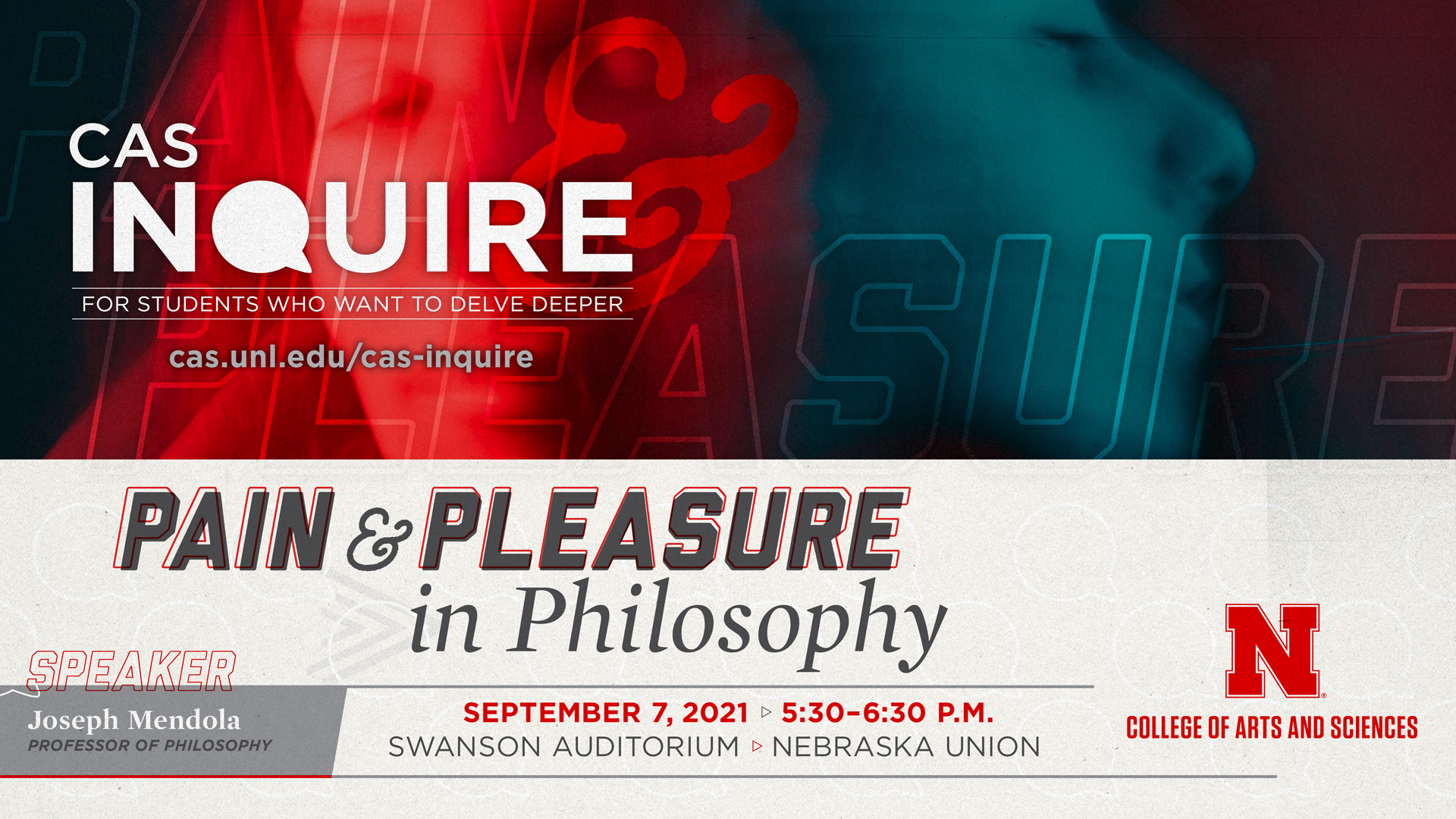
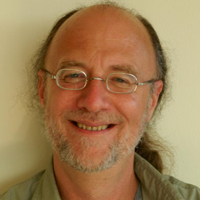
There is a long tradition of discussion in philosophy of two questions about pain and pleasure.
What is their nature? What role do they play in a good life?
This talk introduced those questions and some of the answers.
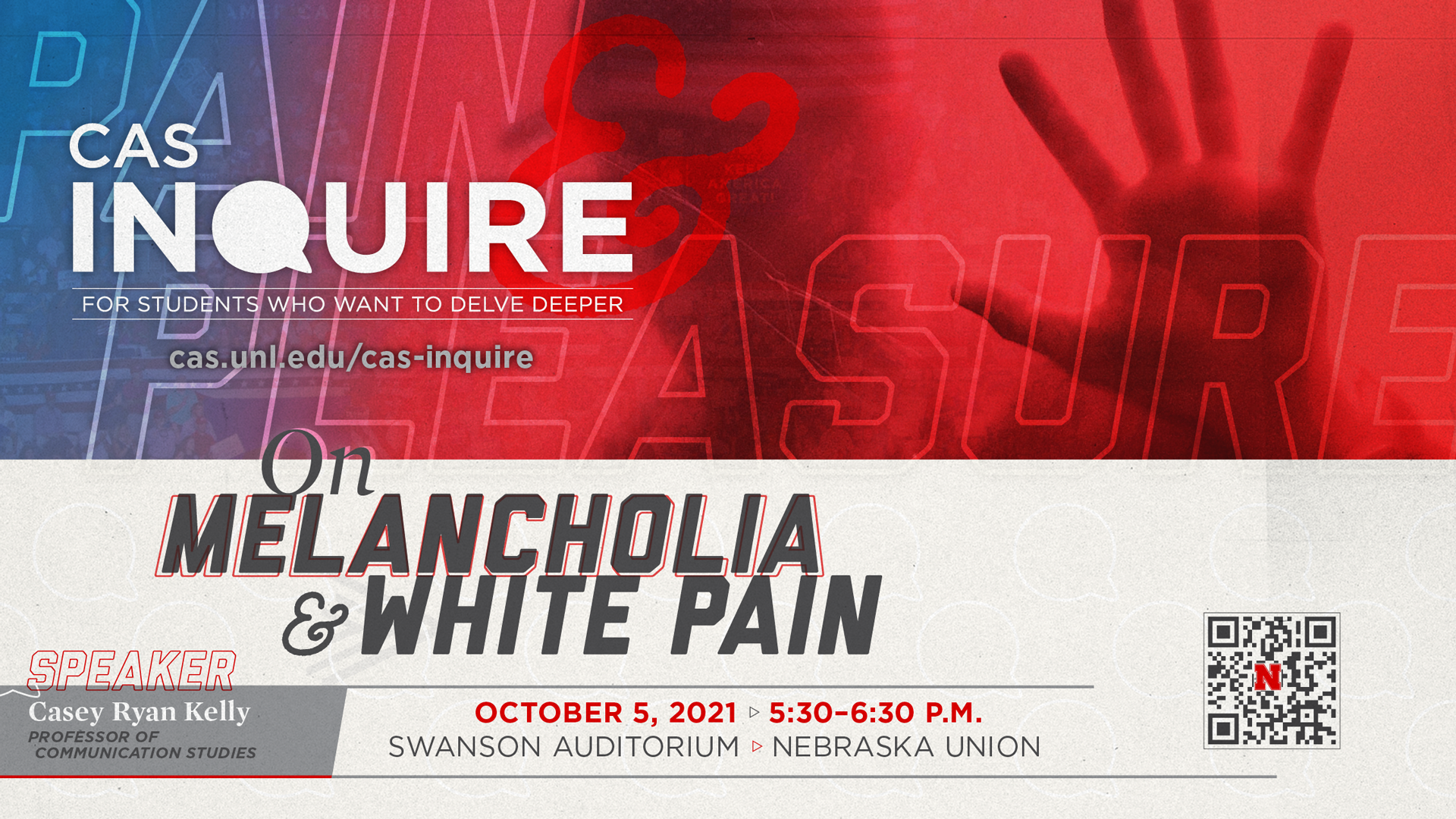

This presentation examined the dominant media narrative that President Trump’s electoral victory was a reflection of white working class pain (physical and economic) rather than nativism and xenophobia. The talk explored the racialized and classed schemas we draw from to make sense of and prioritize whose pain matters in U.S. public culture and how psychoanalytical theories of pain and melancholia explain the emergence of rhetorics of white victimhood.
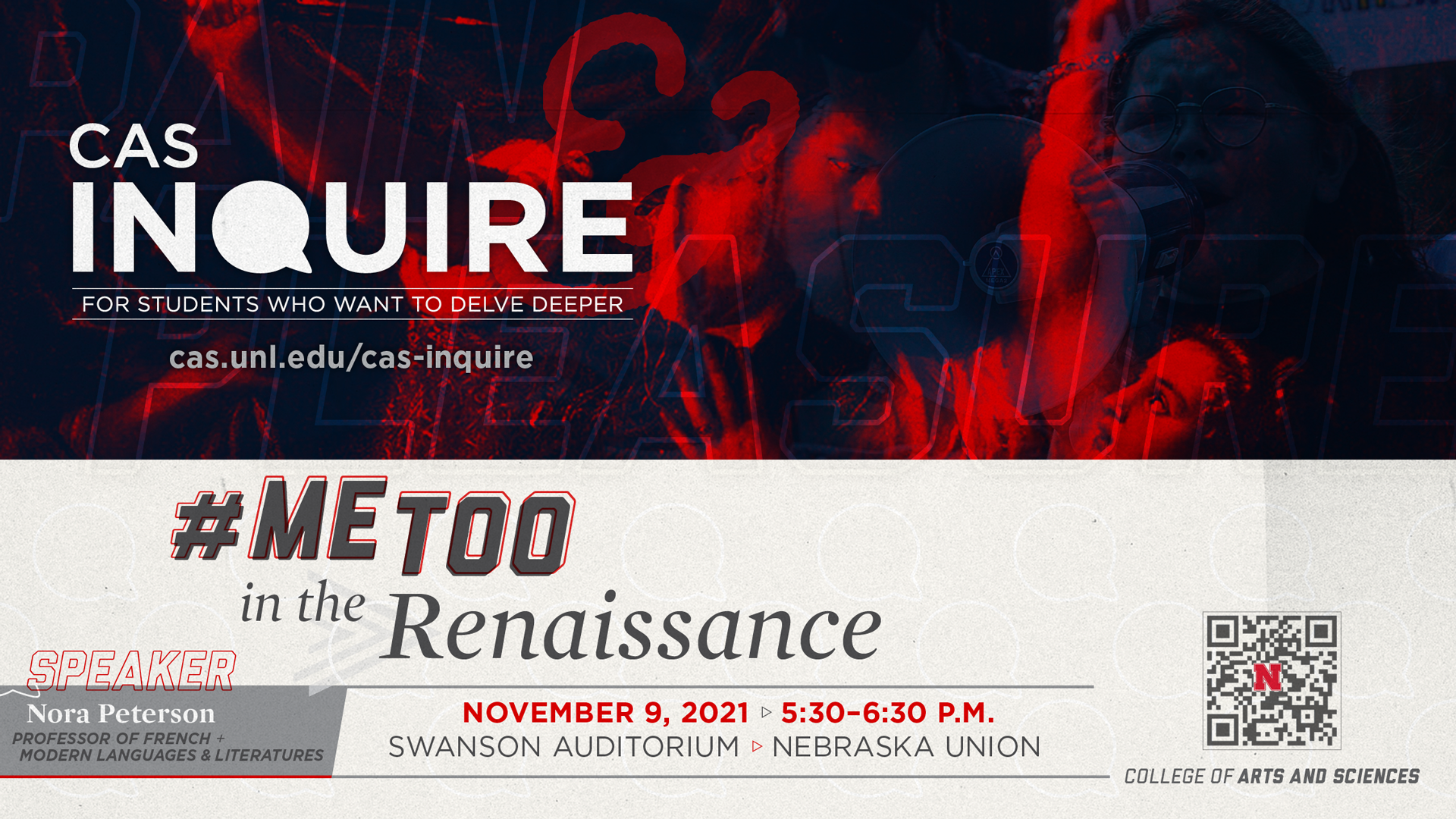

This talk connected the roots of the #MeToo movement to French Renaissance images and texts.
Many of the narratives surrounding sexual assault, including victim-blaming, erasing the victim’s voice, and the reinforcement of the “heroic” rape narrative, have been present in Western cultural histories for centuries. And yet, as the examples in this presentation show, 21st-century readers can also gain hope from what it means to read stories of assault from the Renaissance.
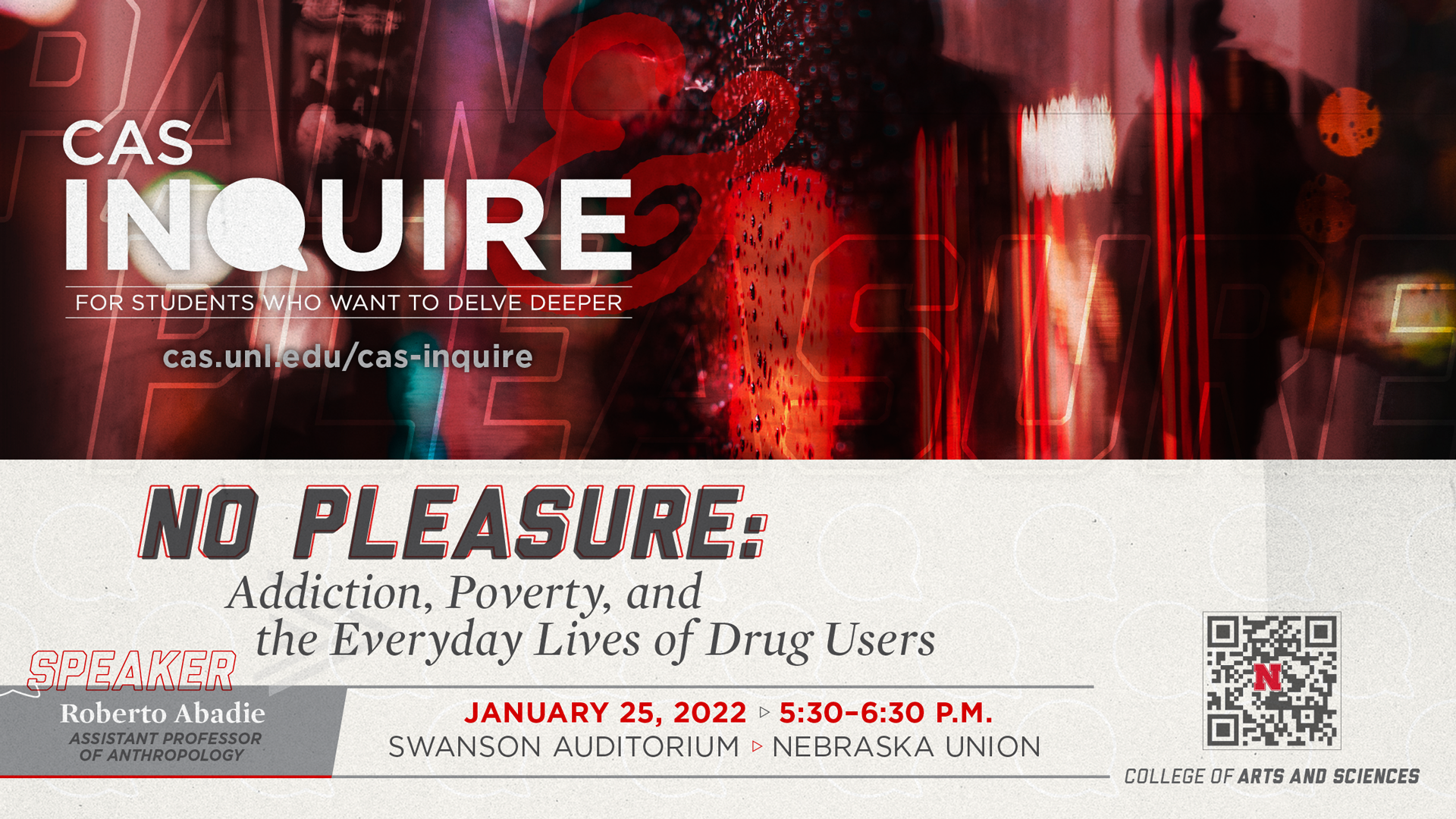
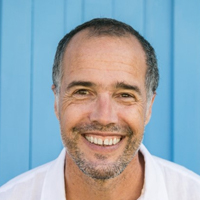
An ethnography of people who inject drugs (PWID) in Puerto Rico, the talk will examine the socio-cultural environment that promotes and sustain addiction while illustrating the effects of continuous drug use on the lives of those afflicted. As drug users develop drug dependence, most of their efforts are oriented not towards seeking pleasure but preventing painful withdrawal symptoms or sickness.
Despite been rooted in Puerto Rico's history of colonialism and imperial domination, neoliberal policies, and recurrent economic crisis that severely impacted the services PWID depend upon, Abadie's talk aims to present a more comprehensive view of what it means to live with a drug addiction.
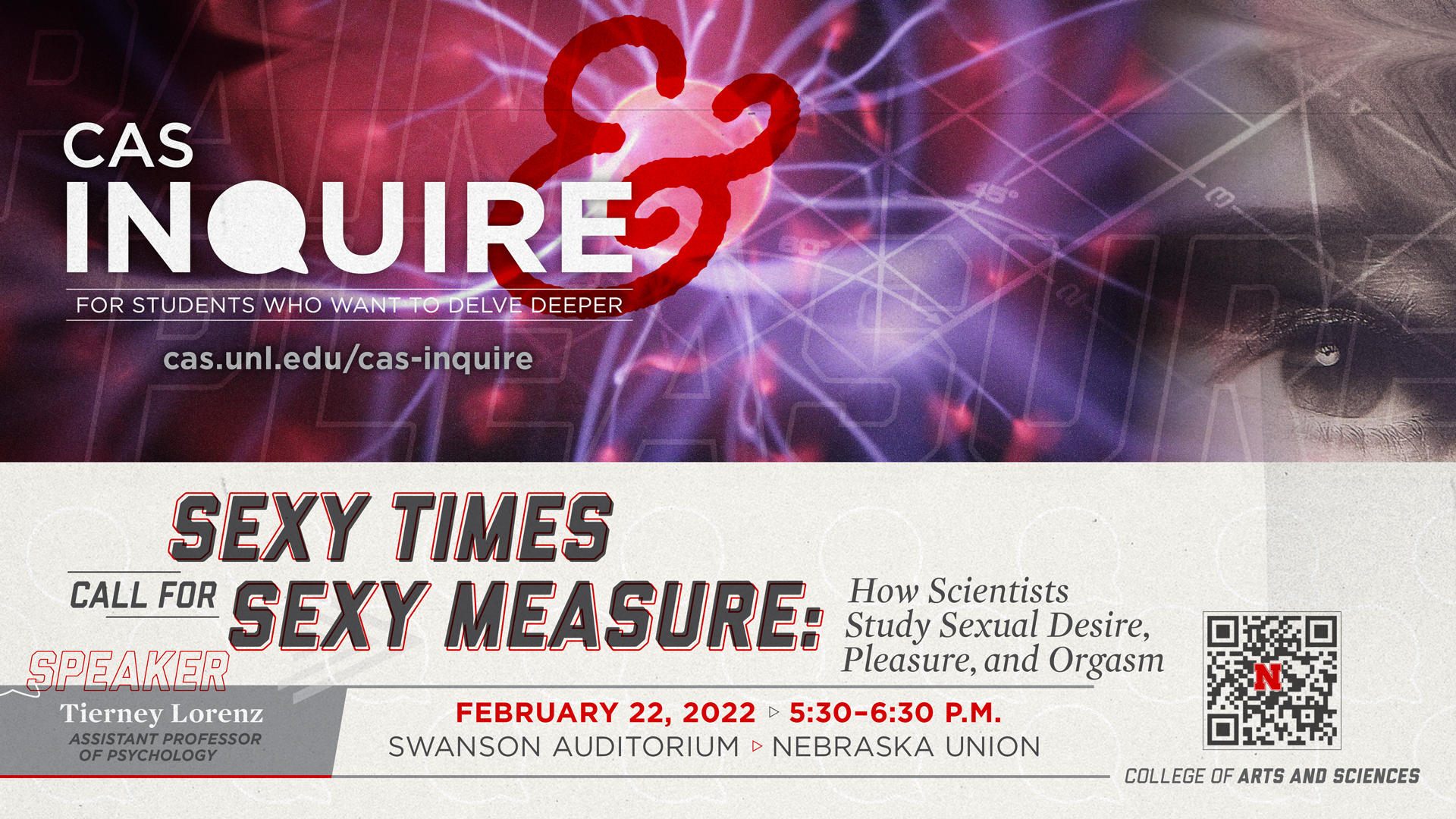

Psychological science has revealed amazing things about how our brains and body create and react to feelings of pleasure from food, drugs, social interactions, smartphones – you name it.
Conspicuously missing from this list, though, is sexual pleasure: how do you even begin to study something so taboo and yet so vital to human wellbeing?
Lorenz gave a tour of how we measure sexual response, what we’ve learned, and why pleasure matters for women’s mental and physical health.